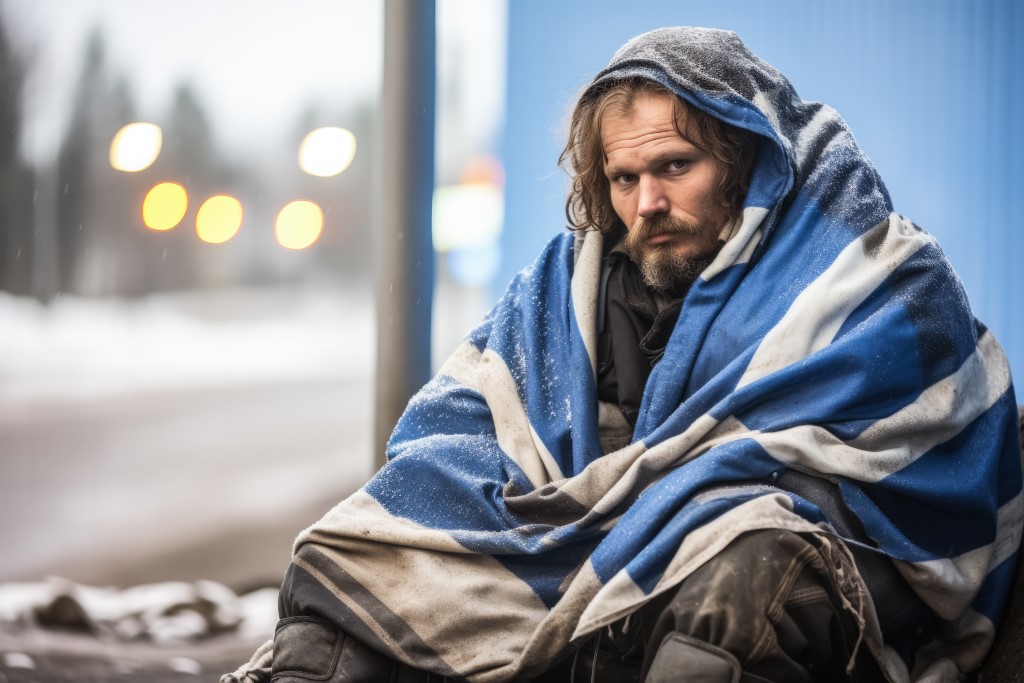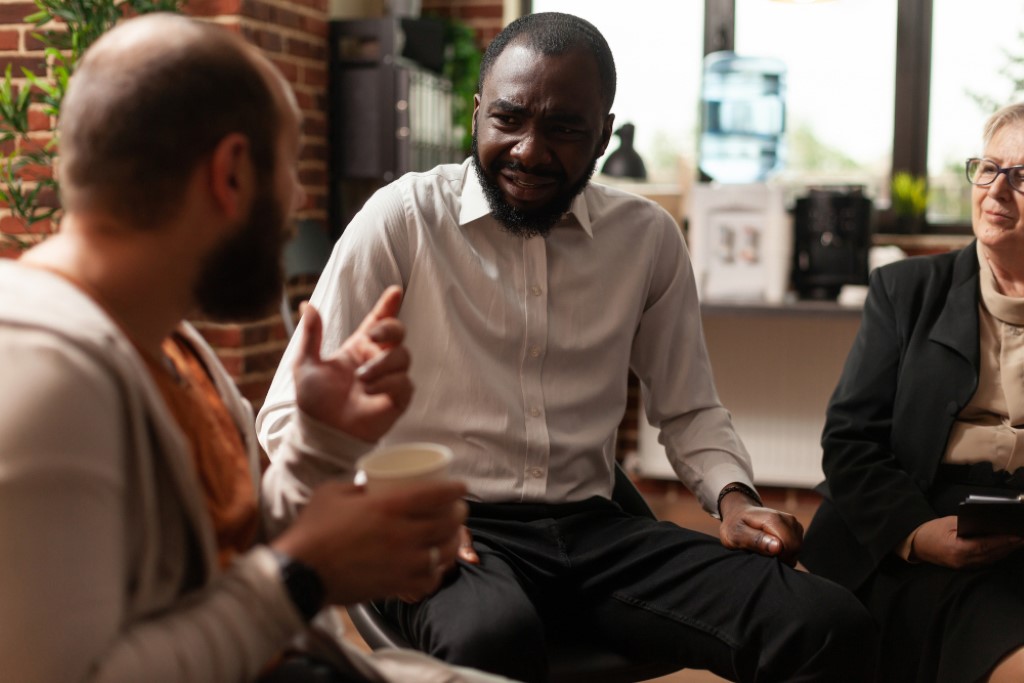The opioid crisis has not spared any part of the world, including South Africa. While much focus is often on North America, the ramifications here are just as dire but less publicized. It’s crucial for you and your family to understand the landscape of this crisis, how it manifests locally, and what role rehab centers can play in tackling this menace.
The Magnitude of the Opioid Crisis in South Africa
While opioids like heroin have long been a public health concern in South Africa, the increasing prescription of opioid medications has fueled a rising tide of dependency. Lesser-known facts include the relatively high incidence of codeine addiction, often stemming from over-the-counter cough syrups. A focus on regulation and prescription guidelines becomes paramount to prevent these medications from becoming a gateway to more potent opioids.
Medical and Harm Reduction Approaches
Opinions vary about how to address opioid dependency. One dominant perspective advocates for medical interventions such as medication-assisted treatments (MAT) using Methadone or Suboxone to reduce cravings and withdrawal symptoms. On the other side are proponents of harm reduction strategies. These approaches prioritize interventions like needle exchanges and safe consumption spaces over traditional medical treatments. Both have their merits and limitations. Medical approaches can offer a structured pathway to reduce opioid dependence but might not address the socio-economic factors contributing to addiction. Harm reduction caters to immediate safety but can be seen as perpetuating the cycle of addiction.
Rehab Centers is More Than Just Detox
When you hear “rehab,” your mind likely goes straight to detoxification. However, this is only a part of what modern rehab centers can offer. Cognitive Behavioral Therapy (CBT), contingency management, and even employment support services are among the multifaceted approaches now available. Rehab centers are increasingly integrating both medical and harm reduction approaches to offer a more rounded care package.
Family Involvement, A Critical Element
Family members often bear the brunt of a loved one’s addiction but are also a vital component in effective treatment. From participating in family therapy sessions to learning how to avoid enabling behaviors, your involvement can make a tangible difference in your loved one’s recovery process.
Decentralizing Treatment Options
An often overlooked yet crucial aspect is the availability of localized treatment solutions. Especially in rural South Africa, the need for accessible and quality rehab services is acute. Telehealth is filling some of these gaps, offering remote consultations and monitoring that extend the reach of existing services.
Alternative Treatments Are They Worth the Attention?
While mainstream approaches dominate the rehab landscape, alternative treatments like the use of plant-based psychedelics for opioid addiction are gaining attention. Although still in the research phase, some studies suggest that substances like psilocybin may significantly reduce dependency and cravings. The jury is still out, but it might offer another avenue worth exploring.
The Takeaway
The opioid crisis is a complex public health issue that demands a multifaceted response. Whether you lean towards medical interventions or harm reduction strategies, the reality is that both have a role to play in the broader tapestry of addiction treatment. Rehab centers remain pivotal, evolving from mere detox facilities to comprehensive care institutions that can provide a variety of evidence-based treatments.
Your role, especially as a family member, is critical. Educate yourself on the nature of opioid dependency, the treatment options available, and be actively involved where you can. Remote areas might not have easy access to rehab centers, but digital health interventions are making strides in filling this void.
As someone committed to public health and substance abuse prevention, I can assure you that understanding these aspects can be empowering. Stay updated, be supportive, and know that in this fight against the opioid crisis, every bit of knowledge and proactive action counts.

